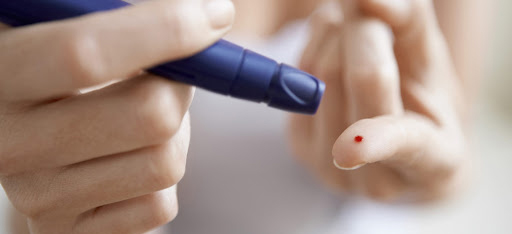Diabetes Type One
Diabetes Type One
Stem Cell Treatment For Diabetes Type One
The human body is constantly regulating the level of glucose (sugar) in the blood, since levels that are either too high or too low can be harmful. When blood glucose levels begin to rise (e.g. after we eat), cells in the pancreas called beta cells quickly respond by releasing insulin, a hormone that tells cells in the body to take up glucose from the blood. Diabetes is generally caused by a lack of functioning beta cells. In type 1 diabetes, the body’s immune system mistakenly attacks and destroys beta cells. When beta cells are depleted, the pancreas can no longer produce enough insulin to keep blood sugar levels in check. In type 2 diabetes, cells don’t take up enough glucose. This is either because the cells of the body have become resistant to insulin, or because the beta cells don’t produce enough insulin.
High blood sugar levels can cause damage to the kidneys, eyes, nervous system, and other organs. Fortunately, stem cells can help replace or replenish beta cells.
Before the advent of stem cell therapy, the most effective treatment for type 1 diabetes was a beta-cell transplant. The procedure involves taking beta cells from a donor’s pancreas and transferring them to the diabetes patient, where the beta cells are expected to make and release insulin. This treatment has several caveats. Firstly, each transplant needs at least two million beta cells, which need to be taken from 2-3 donors. Secondly, patients need to take immunosuppressive drugs so that their bodies don’t reject the transplanted cells, and these drugs often have side effects that decrease quality of life. Lastly, there is a chance that the transplanted cells may eventually stop working.
Stem cell therapy for diabetes aims to increase the population of functional beta cells in the body without the disadvantages of a beta-cell transplant. Mesenchymal stem cells (MSCs) have no genetic imprint, so they don’t trigger the immune response and their transplant does not require immunosuppressive drugs. Upon introduction into a patient, the MSCs can repair and regenerate beta cells. If the population of beta cells is restored, the development of diabetes complications can be slowed or even prevented.

